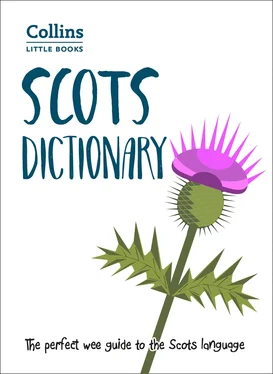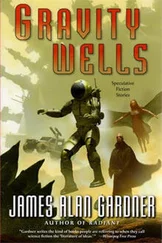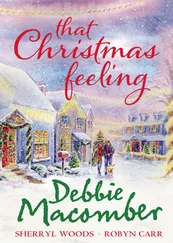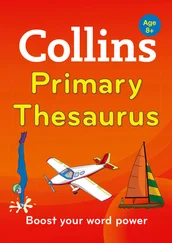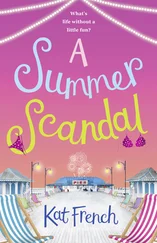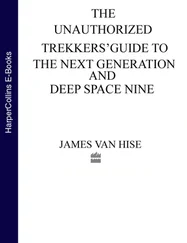clachan( klaCH-an ) A clachanis a small village or hamlet. Clachan, being a Gaelic word, was first used of only Highland villages, but its use is now more widespread. [The word is Gaelic and means stone]
clackor claickIn Northeast Scotland, clackis gossip or chat. To clackis to gossip or chat. [This sense probably developed from one of its original meanings: the clattering sound a mill makes when in motion]
Clackmannanshire( clack-man-an-sher or clack-man-an-shire ) Clackmannanshireis a historic county in East Central Scotland at the northwest end of the Firth of Forth. It is now the name of a council area occupying much the same area as the old county.
claes( klaze ) Claesare clothes. The saying back to auld claes and porridgemeans a return to normality after a period of jollity, celebration, or indulgence: After Hogmanay it’s back to auld claes and porridge for us.
claikSee clack.
claimIn Glasgow, to claimsomeone is to announce one’s intention to beat them up: You’re claimed after school.
clanIn Scotland, a clanis a group of families with a common surname united under a single chief. Each clan member is, theoretically, descended from a single ancestor from whom the name of the clan derives. Members often bear the name of the founder preceded by Mac-, a Gaelic term for ‘son of’: MacDonald. The clan system went into terminal decline in the years following the suppression of the 1745 Jacobite rebellion and the process was accelerated by the Clearances, which forced large numbers of Highland Scots abroad to countries such as the USA, Canada, and Australia. Many of the descendants of these emigrants are proud of their Scottish ancestry and some occasionally return to Scotland for clan gatherings. [The word is from the Gaelic clann family]
clanjamfrie( clan-jam-free ) or clamjamfrie Clanjamfrieis a word used to refer disparagingly to a group of people, especially if one considers them a rabble. A clanjamfrieis also a varied assortment of things; a mixed bag: The clamjamfrie of tenements, courtyards, and closes which forms Edinburgh’s Old Town.
clap
clapTo clapan animal, especially a dog or a horse, is to give it an affectionate pat: It likes ye to clap its wee head. A clapis such an affectionate pat.
clappy-doo( clap-pee-doo ) or clabby-dooA clappy-doois a large black mussel. [The word is from the Gaelic clab enormous mouth plus dubh black]
clapshot Clapshotis a dish consisting of potatoes and turnips which have been boiled and then mashed together in roughly equal quantities: Lunch is fillets of cod served with clapshot, roasted peppers, and chilli oil.
clarsach( klar-saCH ) The clarsachwas the ancient Celtic harp of Scotland and Ireland. Its use has been revived by folk musicians in both countries this century. [The word is Gaelic and means harp]
clartor clortA clartis a lump of mud or something else unpleasant. A clartis also a dirty mess. [The word is perhaps from the Middle English biclarten defile]
clarty, clatty, or clortySomething that is clartyis messy or dirty: The Tourist Board’s inspectors are encouraged to give clarty accommodation the bum’s rush.
clavie( clay-vee ) A clavieis a tar-barrel traditionally set alight in Moray on Hogmanay to bring good luck in the ceremony known as burning the clavie.
clawTo clawsomething is to scratch it: He winna claw an auld heid.
claymoreA claymoreis a large two-edged broadsword used formerly by Scottish Highlanders. The later single-edged baskethilted sword is often called a claymore. [The word is from the Gaelic claidheamh mòr great sword]
Clearancesor Highland Clearances The Clearancesof the eighteenth and nineteenth centuries were the removal by landlords, often by force, of the inhabitants from some parts of the Scottish Highlands to make way for sheep and other more lucrative uses of the land. Many Highlanders were re-settled on poorer coastal land and encouraged to combine farming with fishing or kelp-gathering. Large numbers were driven off the land altogether and into emigration overseas or to the cities of the South.
cleekA cleekis a hook or any device shaped like a hook.
clegor cleggA clegis a horse-fly with a painful bite. [The word comes from the Old Norse klegge ]
clickIf someone gets a click, they find themselves a person with whom they may establish an amorous relationship.
clintIn Southwest Scotland, a clintis a cliff or crag. [The word is possibly from the Danish klint cliff]
clipeA variant spelling of clype.
clipshearsor clipshearA clipshearsis an earwig. [The name comes from the resemblance of the pincers at the tip of the creature’s abdomen to shears]
clishmaclaver( klish-ma-clay-ver ) Clishmaclaveris a word meaning gossip or incessant chatter. [It is a combination of two Scots words, clish to repeat gossip, and claver to talk idly]
cloot Clootis a Scots word for a piece of cloth or a cloth used as a duster, etc.: Dicht roon the sink wi a cloot.
clootie dumpling(rhymes with booty ) A clootie dumplingis a rich dark fruitcake served as a dessert, like a Christmas pudding. It is boiled or steamed in a clootor cloth. Until the recent past, clootie dumplingswere made as a birthday treat for children and, like Christmas puddings, were often made containing sixpences.
clortA variant of clart.
close
close( klohss ) In much of Scotland, a closeis a narrow lane or passageway leading off a main street: The restaurant is tucked away at the foot of a close off the High Street. Closeis often part of the name of such lanes: Advocates Close ; Mary King’s Close. A closemay also be a passageway connecting a group of houses to a main street. In Glasgow and West Central Scotland, the common entry and stairway from the street in a tenement building is known as a close: Reared up a close in Govan, he feared no-one. In Glasgow and West Central Scotland, a closeis also all the flats sharing such a common entry and stairway: The whole close could hear the noise.
cludgieIn Scotland’s Central Belt, a cludgieis a toilet: A wee boy’s got locked in the cludgie. [The word is perhaps a conflation of closet and ludge , a Scots form of lodge]
Читать дальше
